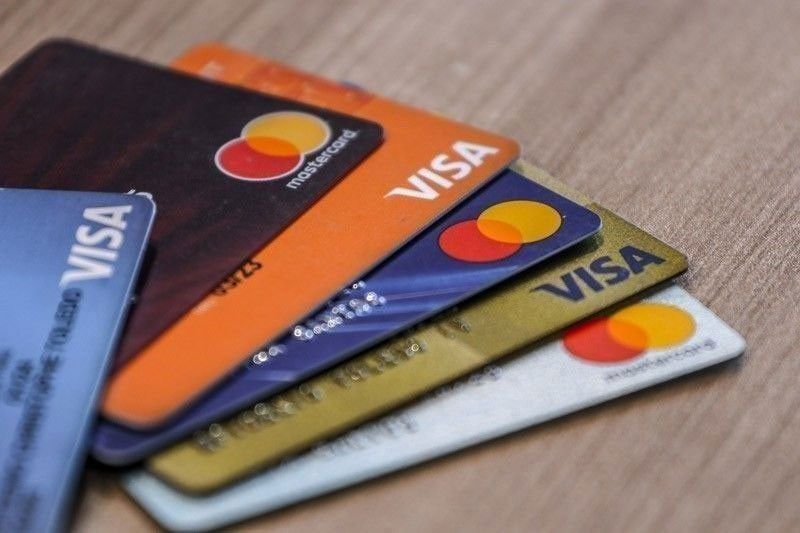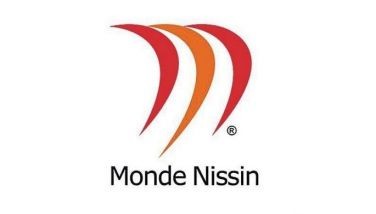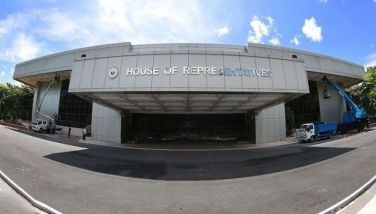Mastercard reshaping Philippines digital landscape

Tokenization, real–time payments
MANILA, Philippines — Global payments firm Mastercard is ramping up efforts to boost digital payment security and efficiency in the Philippines through tokenization and real-time payment innovations, aiming to eliminate manual card entry by 2030 and streamline cross-border transactions.
In an interview with The STAR, Mastercard country manager for the Philippines Simon Calasanz said the payments industry is transitioning to tokenization and Mastercard wants to ensure that the Philippine market is ready for the shift.
“By 2030, Mastercard aims to eliminate manual card entry and expand tokenization into capital markets and trade finance. While its application in digital payments remains in early stages, with no widespread local implementations yet, the potential for fraud prevention, more secure transactions and broader financial inclusion is promising,” he said.
Tokenization, a security feature that replaces a 16-digit card number with a digital token, is expected to reduce fraud risks, while making transactions more seamless.
Calasanz said the adoption of tokenization would be a favorable security advancement in the Philippines as it adds another layer of protection to the payment process.
“The token is shared with merchants in lieu of your card number when you tap your contactless card or phone in store, or make payments in-app or online, meaning the merchant never sees or stores your real card details,” he said.
Mastercard is actively working with Philippine banks to enable tokenization across credit and debit cards, as well as digital wallets. The company is also exploring passkey biometric authentication, which will allow users to approve transactions using fingerprints or facial recognition instead of passwords.
Alongside security advancements, Mastercard is also expanding real-time and cross-border payment capabilities to improve fund transfers for Filipinos, particularly overseas workers.
Through Mastercard Send, the company has partnered with Rizal Commercial Banking Corp., enabling Filipinos in over 100 countries to send remittances directly to RCBC Debit Mastercard holders in the Philippines.
“We continue to collaborate with financial institutions and regulators to enhance digital payment infrastructure to ensure that Filipinos benefit from faster, more secure, and globally connected financial services,” Calasanz said.
Mastercard also works with BancNet and financial regulators to improve InstaPay transactions and introduce new payment technologies that align with international standards such as ISO 20022.
As the digital payments landscape evolves, digital banks and fintech firms are also transforming to stay competitive.
Calasanz said that digital banks have become strong players in the financial industry amid positive feedback for their fast onboarding and seamless user experiences. Traditional banks are also evolving by launching enhanced mobile apps to stay competitive.
“Looking ahead, we’re likely to see a new phase of growth, driven by banking-as-a-service – stitching together all the tech needed for digital banking – and platform providers collaborating with banks that may not have the resources to invest heavily in tech,” he said.
“This will allow banks to integrate their customers into the digital ecosystem, enabling broader access to financial services.”
Mastercard is committed to accelerating this evolution by ensuring that digital wallets seamlessly connect with global merchants and financial networks, promoting financial inclusion and enabling cross-border transactions.
“As more wallets integrate into the global payments infrastructure, cross-border commerce will become frictionless and more efficient, opening new opportunities for consumers and businesses alike,” Calasanz said.
- Latest
- Trending





























